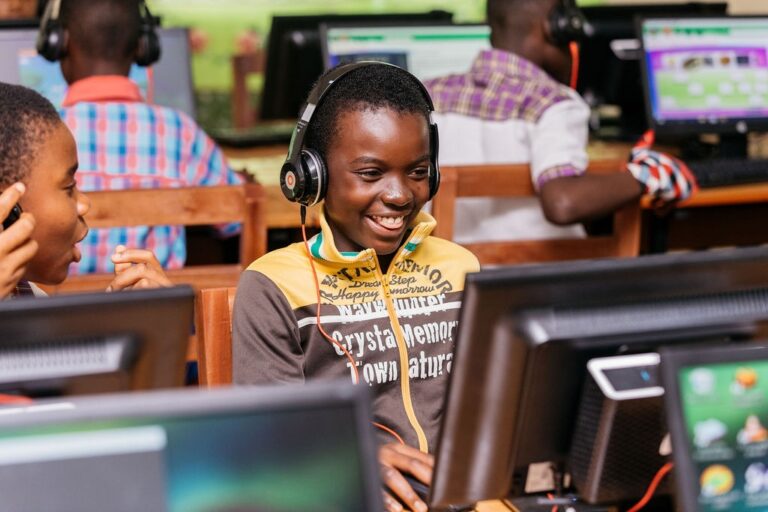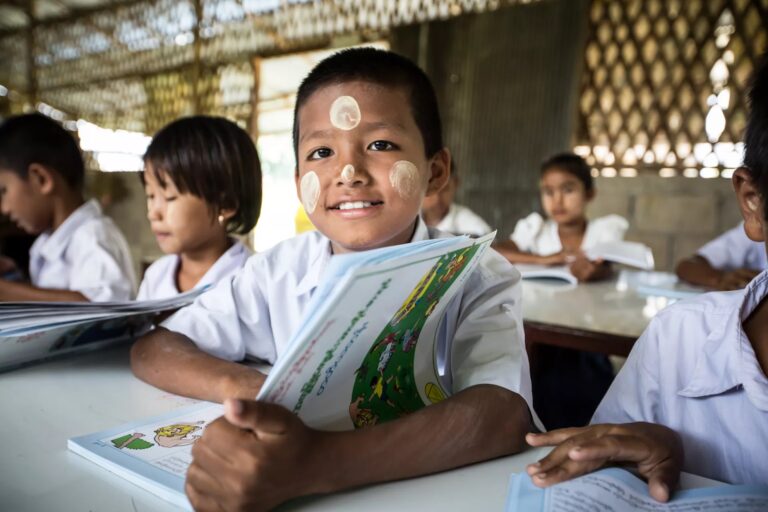Story Source: UNESCO ~ Go to Original Article
From an early age, Pyo Ma Ma So moved to Thailand with her parents. Like many migrant children, she may have dropped out of school to start to work and financially support her parents and family.
Funded by POSCO 1% Foundation and True Corporation, UNESCO Bangkok has been implementing the Learning Coin initiative in collaboration with Foundation for Rural Youth (FRY) to promote the learning habit of marginalized migrant children through data analysis and cash transfer. The children use the mobile application LearnBig to read books and textbooks every day. Their reading efforts have been recorded in the database and calculated into the monthly incentives for their parents.
Through the support of this initiative, Pyo Ma Ma Soe can continue to study without having to drop out, improve her learning achievement, and help her family to earn income by reading a number of books from the application.
UNESCO Bangkok is expanding this project in 4 provinces with the Equitable Education Fund (EEF) in Thailand……………………


![[Preliminary Report] CRNA Collaborative Research for Exploring Factors Nurturing"Happy and Resilient" Children among Asian Countries](https://test.equity-ed.net/wp-content/uploads/2024/09/1725672182698.jpg)
